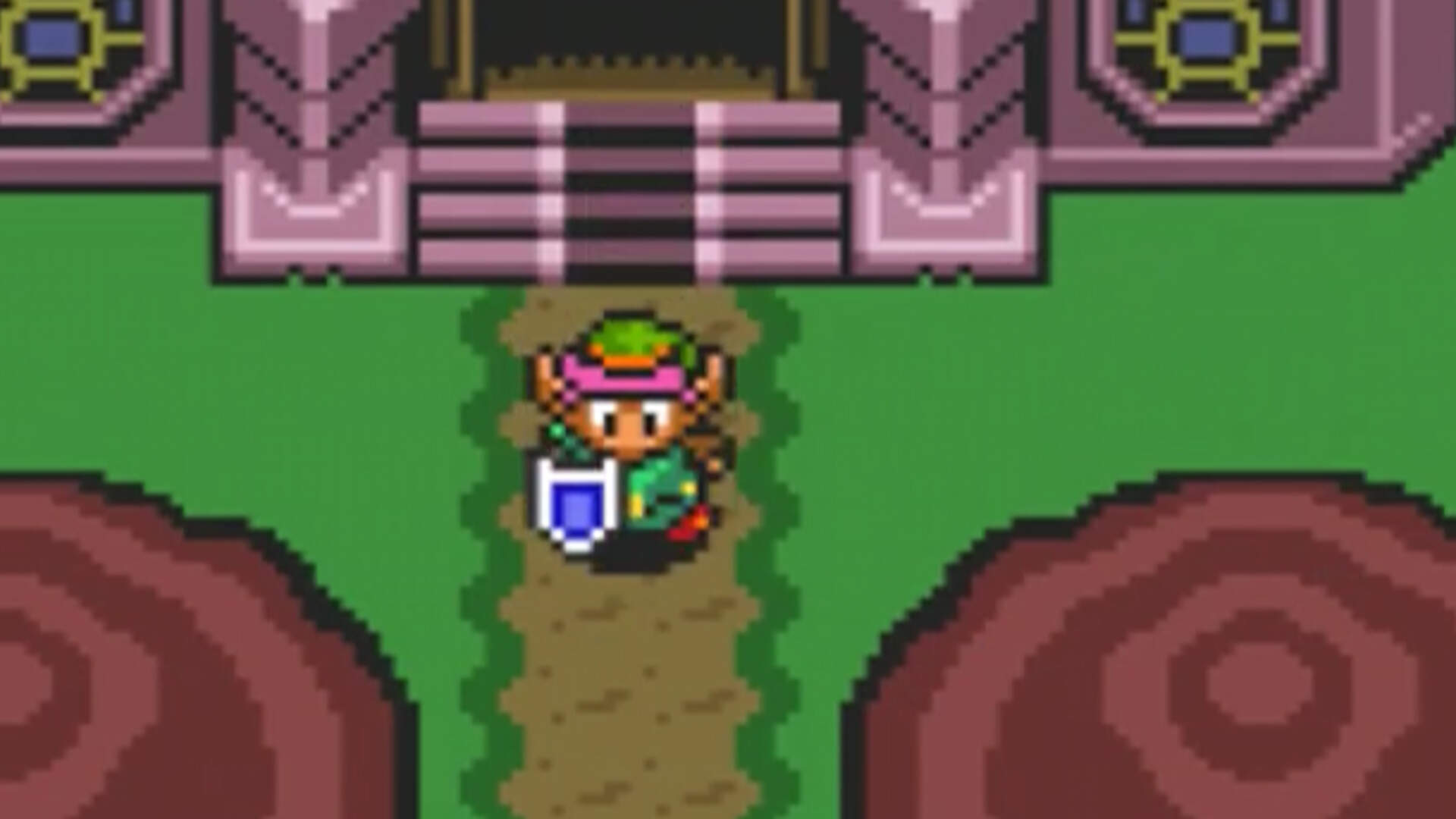The Legend of Zelda is one of Nintendo’s biggest and longest running franchises. Every Nintendo console has received at least one mainline entry or spinoff, but even though The Legend of Zelda is a household name, its title has caused plenty of confusion over the years.
For those who have never played a Legend of Zelda game, the series’ main character is a young boy (or man, depending on the entry) named Link. He is, without fail, a mute hero with bottomless pockets and even more bottomless courage. And yet despite being the face of the franchise, every game is named after one Princess Zelda, whose role, particularly in the early games, often boils down to “damsel in distress” (she’s gotten better material in more recent installments, thankfully). Gamers can only play as Zelda in five titles, all of them spin-offs, yet she always gets top billing since her name is in the title, not Link’s. Why?
Before we continue, it’s probably a good idea to catch readers up on some common game developer logic: Titles should relate back to an important game feature or aspect. Otherwise how will audiences connect the name to the experience? Occasionally, games turn into franchises and evolve past the elements that helped create their names. For instance, Resident Evil started off in an evil residence but expanded to zombie-ridden towns, yet despite the shift in scenery, the series never abandoned its title. The Legend of Zelda defies this logic, which has resulted in more than a few unfortunate cases of mistaken identity.
It’s no secret that The Legend of Zelda is the brainchild of legendary Nintendo creative lead Shigeru Miyamoto. Sure, the game was a team effort, but Miyamoto came up with the game’s initial concept and its focus on exploration. He was also the developer who gave the game its title. But instead of naming it after the protagonist or the fictional land it took place in, Miyamoto took inspiration from… an American novelist of all sources.
During a 2008 interview with Amazon (no, seriously), Miyamoto revealed some secrets behind the Legend of Zelda‘s development, most notably where he got the idea for the name “Zelda.” According to the famed developer, he was inspired by novelist and expat socialite Zelda Fitzgerald, wife of F. Scott Fitzgerald of The Great Gatsby fame. Miyamoto’s reasoning was she was “a famous and beautiful woman from all accounts.” Also, her name had a ring to it that Miyamoto liked, so he borrowed it for the series’ title. All things considered, these are all good reasons to use Zelda’s name as inspiration, but this explanation only answers half the question. We know how Miyamoto came up with the name “Zelda” for the character, but why did he choose her name for the title instead of Link’s?
According to the Hyrule Historia — or at least early Japanese versions translated by Zelda Universe — Miyamoto and his team had settled on naming the game “The Legend of X.” Unfortunately, he didn’t know what “X” would stand for. To help solve this literary algebra problem, the public relations manager suggested that the team create a “storybook” for the upcoming game, and that the princess in it should be beautiful. Moreover, they suggested Zelda Fitzgerald to Miyamoto due to her beauty. While Miyamoto shot down the book idea, he fell in love with the name and decided that the game should be called The Legend of Zelda.
And there you have it. The Legend of Zelda wasn’t titled after Link due to the suggestion of a public relations person and the strength of real-life Zelda’s reputation. Given the franchise’s long-lasting popularity, Miyamoto and Nintendo clearly made the right choice.
